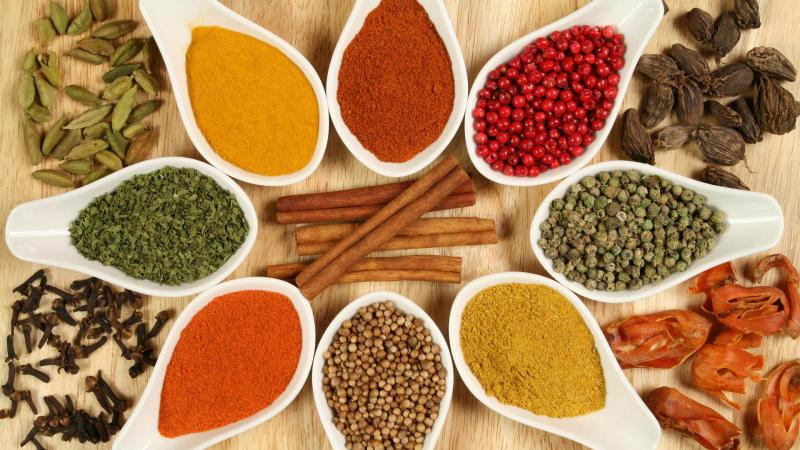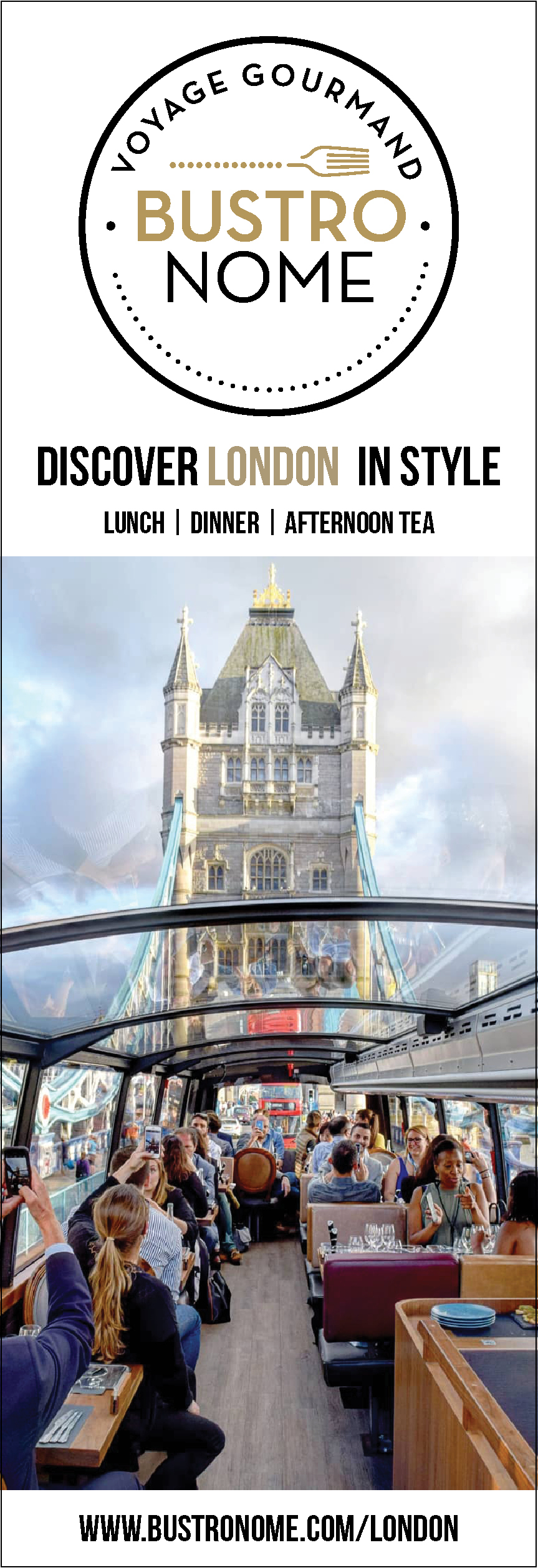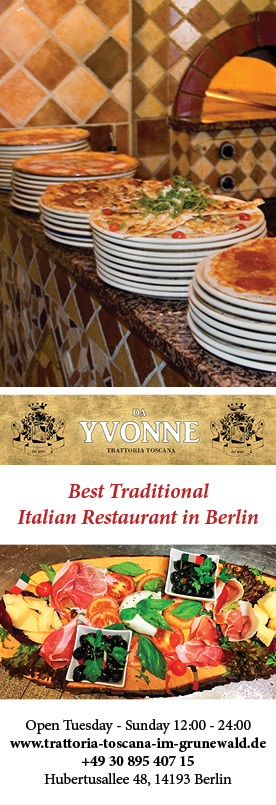
A Gourmet Holiday: Ottoman & Turkish Cuisine
During the Ottoman Empire, the concept of culinary art became an important staple of Turkish culture and it has remained there ever since. The Ottoman Empire spanned across three continents and was a melting pot of cultures for over six centuries, from 1299 through 1922. Thus Ottoman is a nametag attached to the multi-cultural, multi-lingual and supra-national lifestyles of its ruling classes, and the inhabitants of its capital city Istanbul with which it is still exclusively associated.
Whatever the Sultans living in Istanbul desired they would instantly receive. Beautiful girls were brought home by the Ottomans from newly conquered territories, but they were not the only human capital: they also shipped over their newly acquired chefs. Throughout the Topkapi Palace, huge kitchens were housed in several buildings under 10 domes. Hundreds of cooks, specialising in different categories of dishes such as soups, pilafs, kebabs, vegetables, fish, breads, pastries, candy and helva, syrup and jams and beverages, fed as many as 10,000 people a day in addition to supplying trays of food to others in the city as a royal favour. The tastes imported by those cooks are the only surviving booty from past campaigns, which renders the Ottoman cuisine the first fusion kitchen in history.
Since the decline of the Ottoman Empire the flavours and presentation of Turkey’s culinary treats have somewhat moved away from this period in favour of an Authentic Anatolian menu that encapsulates the national palate. Historically the Mediterranean/European cuisine was defined by olive oil, pork, bread and wine whereas its Levant/Middle Eastern counterpart was defined by butter, chicken, rice and nectars. Originating from the latter but expanding over centuries via influences from Persia, the Maghreb and Eastern Europe, the staples of Turkish cooking have come to be rice, onion, butter, olive oil, herbs, fruits, chicken and mutton.
Though some recipes may involve complex preps or blending of many ingredients, the overarching characteristic of Turkish cookery is its emphasis on bringing out the intrinsic tastes and smells of its ingredients, towards which even the most elaborate preps are geared. The freshness and genuineness of the ingredients used, even for staple items like butter or onions, are critical to realising this. That is why Turkish food may taste different from country to country, or if cooked at home rather than at a restaurant.
With Gourmet Holidays you can undertake cooking classes in Pera, the cultural heart of Istanbul, to discover Turkish and Ottoman culture first-hand. Complete with hosted market tours and follow-on samplings with your chef, Gourmet Holidays four hour “tour, cook & sample” experience will let you in on tips and secrets to take away and replicate Turkey’s different cuisines in the comfort of your own home. Specialising in two culinary niches, you will experience: Royal Ottoman – with timeless recipes straight from the kitchens of Topkapi Palace; and Authentic Anatolian – unveiling far-away delicacies from Turkey’s distinctly fertile Black Sea region.
Let them lead you on a creative culinary journey where scents, tastes and displays come together to generate long-lasting memories of this land of gastronomic wonders.
For more information visit www.istanbulcookingclasses.net
Share this article:




















